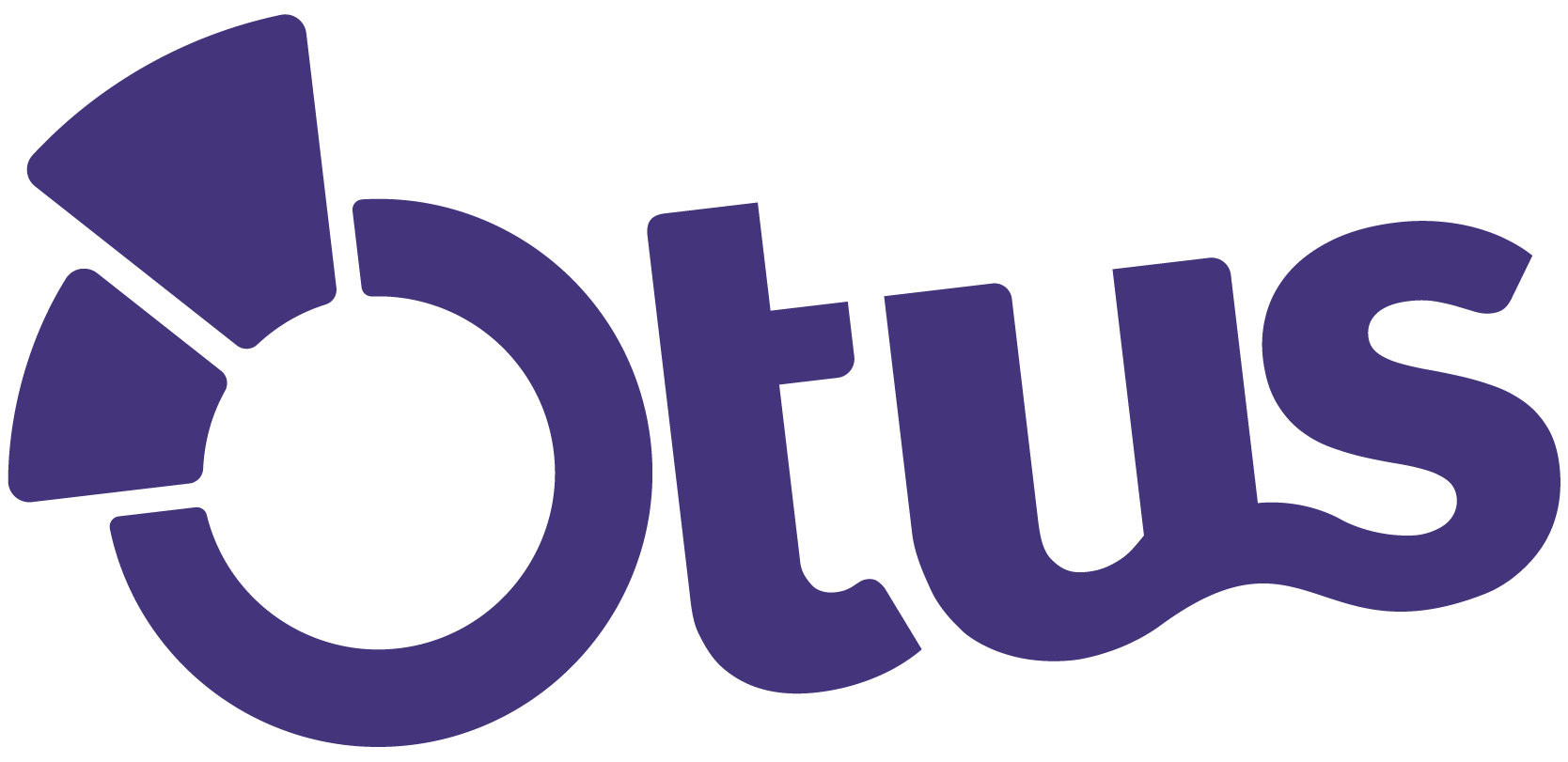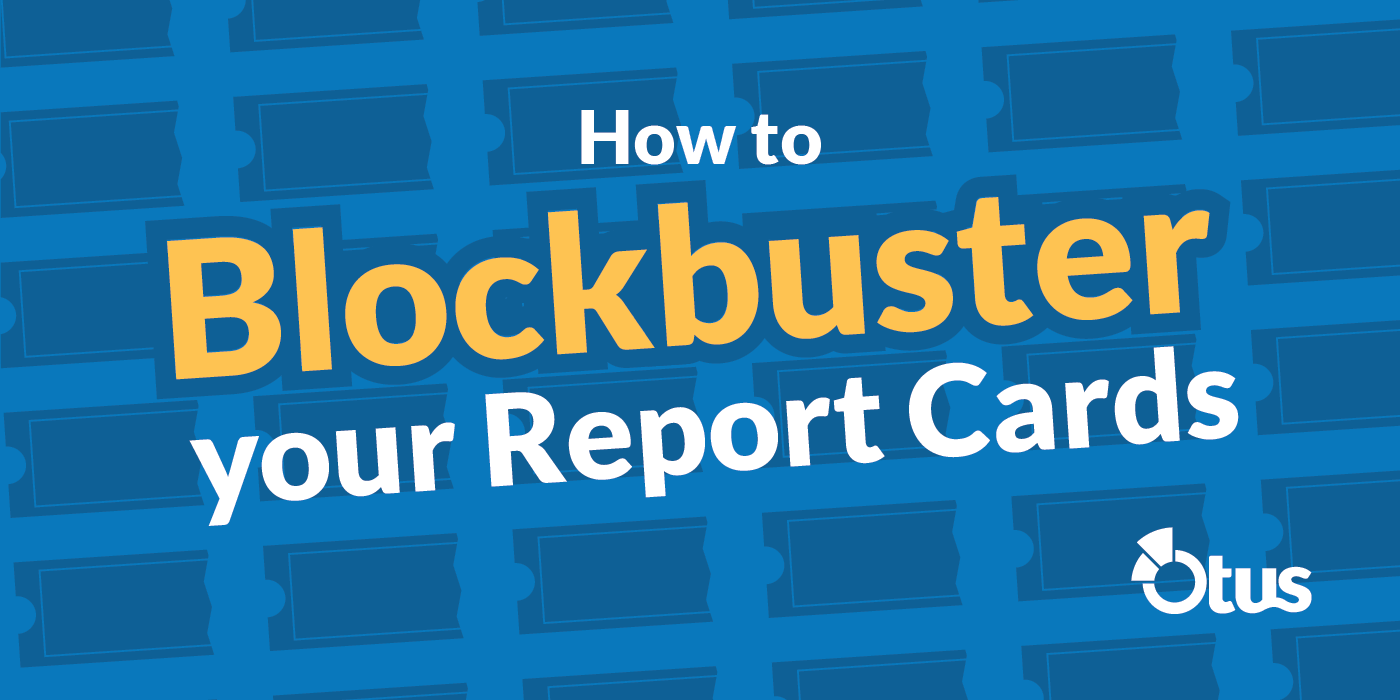Note: I am aware I am not the first person to use the Blockbuster analogy (a company who refused to respond to market changes and made themselves obsolete). While lots of education bloggers use this analogy, most folks first saw it in Innovator’s Mindset, by George Couros.
Multiple times a day, I will see an education thought-leader tweet a one-liner or share a blog post saying something to the effect of, “if schools are still doing ‘this,’ they should stop because it makes no sense!”
Usually, “this” is a relatively small change: keeping kids in during recess as punishment, giving extra work to students who finish a task early, getting rid of homework, etc. The list really can go on for a while. But, we rarely see suggestions for large systemic changes like moving away from the most archaic artifact from the beginning of America’s school systems: the report card.
I’d like to offer you a few tangible steps school districts can take to eliminate this sacred cow.
As someone who doesn’t have to hear from angry parents about making the decision to stop sending out report cards, it’s easy for me to write this blog post. I get that. But, let’s assume that we all agree with three things:
- Report cards are intended to communicate important information about student progress in both academic and non-cognitive areas.
- Educators, in general, would agree that a single letter grade on a report card does not tell the most accurate story of student performance over a period of time.
- Student performance is more than a single letter grade, percentage, or performance level on a learning standard.
With that in mind, I’d like to propose three steps that I think parents would support to rid your school district of the traditional paper report card:
1. Have parents opt-in to a paper report card
Send a letter to parents over the summer informing them the school district believes that frequent communication on academic progress is critical to student success. Then describe the ways in which parents can access your online gradebook. End with a statement like this: “Beginning this school year, parents can choose to receive a paper report card at the end of each grading period. If you would like to receive a paper report card, sign up here.”
2. Stop SPAMMING parents
Between a teacher’s newsletter, a school newsletter, a PTA update, and important notices from the district, parents may be becoming numb to your communications and inadvertently miss some of the most important communications (like how their child is performing). Consider having an e-mail schedule that parents know about. Every Sunday night you will receive an email about your child. Week 1 will be from the teacher telling you about classroom events. Week 2 will be an email about building events. Week 3 will be important district level information. Week 4 will be an e-mail from the PTA. In every email, remind parents that they can review student progress by logging into your online gradebook. Finally, send that quarterly email saying, “We have reached the end of the first grading period. Please remember to log into your online gradebook.”
3. Create a “Report Card” Kiosk
There will be an argument that if parents don’t get a paper report card, those who don’t have access to the internet will not know how their child is doing in school. According to a 2018 student by the Pew Research Center, 89% of Americans have access to the Internet. So, in case you have any parents in that remaining 11%, set up a computer in the office of your school and let families know that they are welcome to come to the school and review student progress at any time. This will give you a chance to see parents (who may need to feel connected to the school) and will be a great service to them.
Implementing these strategies will allow you to gently bring your school community along with this change.
Now, all of these ideas are useless if your school does not have an online gradebook. If you are one of these school systems — keep that paper flowing, but, let’s get a move on it, too!
What are some ways that your school is rethinking the way that student performance is communicated to families? Please join the conversation on Twitter by following @OtusK12.




